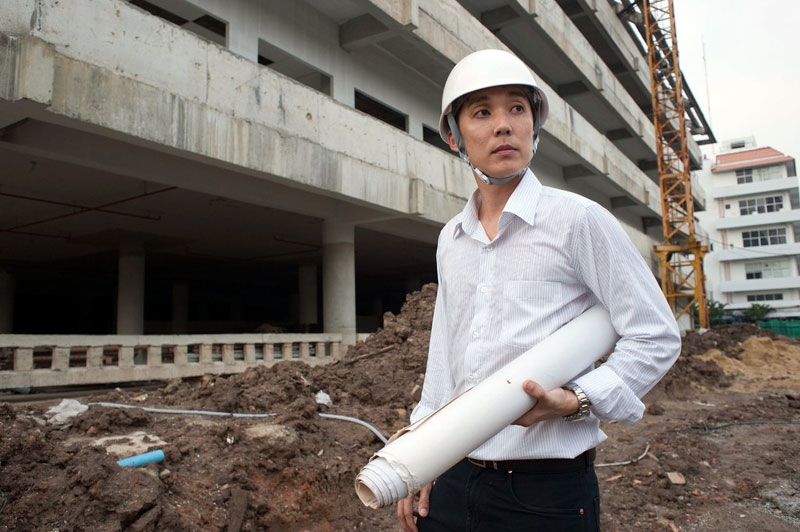 COVID19 Pandemic
COVID19 Pandemic
Pandemic ‘inflicting multiple shocks’ on the young, threatens entire generation
New York: Since the COVID-19 pandemic began, more than 70 per cent of students have been shut out of schools, universities and training centres, according to a new report issued on Tuesday by the UN’s labour agency.
The International Labour Organization’s (ILO) Youth and COVID-19: impacts on jobs, education, rights and mental well-being report, revealed that 65 per cent of young people have reported learning less since the pandemic began, citing the transition from classroom to online and distance learning, during lockdown.
“The pandemic is inflicting multiple shocks on young people”, said, ILO Director-General Guy Ryder. “It is not only destroying their jobs and employment prospects, but also disrupting their education and training and having a serious impact on their mental well-being."
Inequalities exacerbated
Despite their efforts to continue studying and training, half of the students surveyed believed their studies would be delayed while nine per cent feared that they might fail altogether.
And for those in lower-income countries with limited internet access, a dearth of equipment, and sometimes a lack of space at home to work effectively, the situation is even worse.
The report shines a light on the large digital divides between regions.
While 65 per cent of youth in high-income countries were taught classes via video-lectures, only 18 per cent in low-income countries were able to maintain their studies online.
“We cannot let this happen” going forward, the ILO chief said.
Futures hang in the balance
Against the backdrop of further obstacles in the labour market and a lengthened transition from school to work due to the pandemic, the report flags that 38 per cent of young people feel deeply uncertain over future career prospects.
Moreover, with one-in-six having had to stop work since the onset of the pandemic, some have already been directly impacted, suffering lost income.
At the same time, 42 per cent of those who have continued to work have seen their incomes reduced, ILO said, maintaining that this also affects their mental well-being.
The survey found that half of all young people have been feeling some degree of anxiety or depression during the pandemic.
Listen to youth
Despite the setbacks, young people have continued to mobilize and speak out about the crisis. According to the survey, a quarter of young people have done some kind of volunteer work during the pandemic.
Ensuring that their voices are heard is critical for a more inclusive COVID-19 response, said ILO, adding that giving youth a chance to articulate their needs and ideas during decision-making procedures improves the effectiveness of policies and programmes.
To protect an entire generation from having their employment prospects permanently scarred by the crisis, Youth and COVID-19 calls for urgent, large-scale and targeted policy responses, including by re-integrating back into the labour market those who have lost jobs, ensuring youth access to unemployment insurance benefits, and instituting effective measures to boost mental health.
Support Our Journalism
We cannot do without you.. your contribution supports unbiased journalism
IBNS is not driven by any ism- not wokeism, not racism, not skewed secularism, not hyper right-wing or left liberal ideals, nor by any hardline religious beliefs or hyper nationalism. We want to serve you good old objective news, as they are. We do not judge or preach. We let people decide for themselves. We only try to present factual and well-sourced news.







